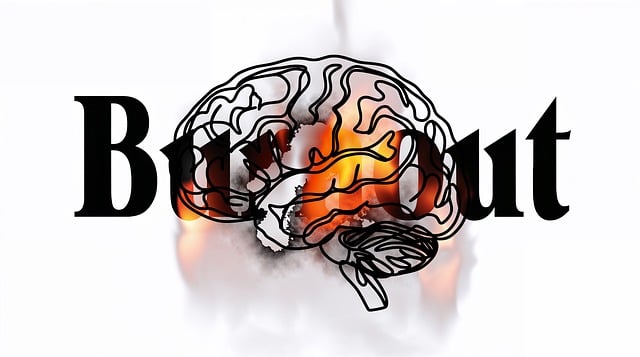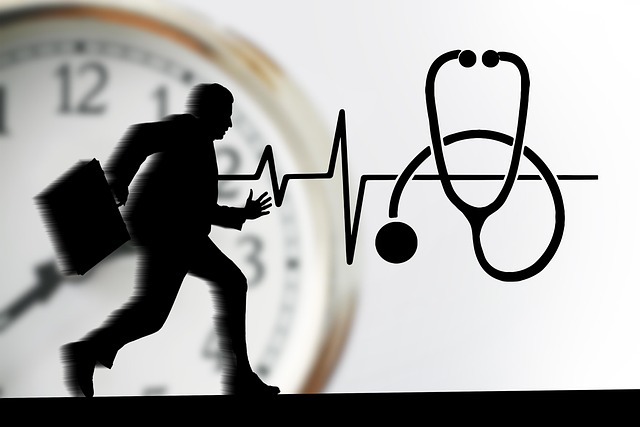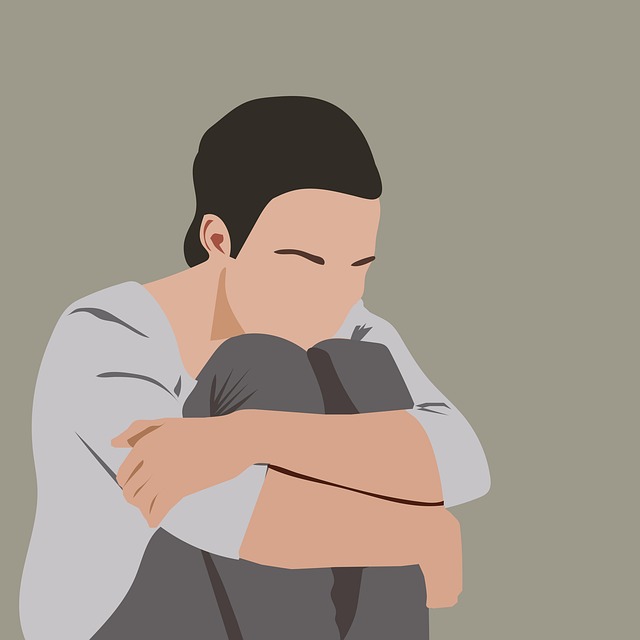In mental health services, a structured risk assessment using Parker Independent Medical Evaluations (PIME) is crucial for safe and effective therapy. PIME provides an independent, comprehensive overview of clients' psychological and medical histories, enabling therapists to identify risks early and tailor interventions accordingly. By integrating stress reduction, positive thinking, and cultural sensitivity practices, therapists foster recovery in a supportive environment. Additionally, self-awareness exercises, self-care routines, and continuous professional development through tools like PIME ensure mental health professionals maintain their well-being and stay current with evidence-based practices, ultimately enhancing client outcomes.
Mental health professionals are often on the front lines of managing client risks, making it crucial to understand and employ effective risk assessment strategies. This article delves into the significance of risk assessment in mental health, utilizing the Parker Independent Medical Evaluations (PIME) framework as a guiding tool. We explore integrating PIME into therapy sessions, discussing common risks like suicide ideation and self-harm, along with mitigating strategies. Continuous evaluation and professional growth are emphasized to ensure safe, effective care.
- Understanding the Importance of Risk Assessment in Mental Health
- The Parker Independent Medical Evaluations (PIME) Framework
- Integrating PIME into Therapy Sessions
- Common Risks to Consider and Mitigating Strategies
- Continuous Evaluation and Professional Growth for Mental Health Professionals
Understanding the Importance of Risk Assessment in Mental Health

In the realm of mental health services, understanding the nuances of a client’s psychological landscape is paramount. This involves not only recognizing symptoms but also gauging potential risks to ensure safe and effective therapy. A thorough risk assessment serves as a foundational step in the healing process, enabling mental health professionals to tailor interventions accordingly. By proactively identifying hazards such as suicidal ideation, self-harm, or relapse, practitioners can implement appropriate strategies from the outset, be it enhanced monitoring, specialized treatments, or advanced safety planning.
The significance of risk assessment cannot be overstated, particularly when considering Parker Independent Medical Evaluations in therapy settings. These evaluations play a crucial role in mitigating risks and guiding treatment decisions. By integrating stress reduction methods and fostering positive thinking, mental health professionals can create a supportive environment conducive to recovery. This proactive approach not only enhances client outcomes but also underscores the commitment of care providers to delivering comprehensive, patient-centered services.
The Parker Independent Medical Evaluations (PIME) Framework

The Parker Independent Medical Evaluations (PIME) Framework is a structured approach designed to assess and mitigate risks within mental health therapy practices. This comprehensive framework emphasizes the importance of thorough evaluations, ensuring that therapists can accurately identify potential hazards and implement effective strategies to maintain patient safety. By adopting PIME, mental health professionals can enhance their ability to navigate complex cases, especially those involving sensitive cultural considerations or high-risk individuals.
Cultural Sensitivity in Mental Healthcare Practice plays a pivotal role within the PIME Framework. Recognizing the diverse backgrounds and experiences of clients, therapists are encouraged to cultivate compassion cultivation practices, enabling them to provide tailored care. Furthermore, the integration of public awareness campaigns development can raise consciousness about mental health issues, fostering an environment where individuals feel empowered to seek therapy without fear of judgment or stigma.
Integrating PIME into Therapy Sessions

Integrating Parker Independent Medical Evaluations (PIME) into therapy sessions offers a robust framework for mental health professionals to assess and address client risks effectively. PIME provides an independent, comprehensive overview of a client’s psychological and medical history, enabling therapists to gain deeper insights beyond what’s immediately conveyed during sessions. This valuable tool serves as more than just a form; it’s a guide that informs personalized treatment plans. By incorporating PIME findings into therapy, professionals can offer tailored interventions, enhancing the overall quality of care.
Incorporating these evaluations facilitates proactive crisis intervention guidance. The data gleaned from PIME allows therapists to anticipate potential triggers and develop proactive strategies for managing client risks. Additionally, it provides evidence-based direction for mental wellness journaling exercise guidance, promoting self-awareness and skill development between sessions. This integration empowers clients to actively participate in their healing journey, fostering improved self-esteem alongside the therapist’s expert support.
Common Risks to Consider and Mitigating Strategies

Mental health professionals, while dedicated to helping others, face unique challenges that can lead to various risks. Common concerns include burnout, secondary trauma, and even a heightened risk of mental health issues themselves. To mitigate these dangers, professionals should prioritize self-awareness exercises such as regular reflection on their own emotional states and boundaries. Incorporating self-care routine development for better mental health is paramount; this can involve setting dedicated time for rest, engaging in hobbies, and cultivating a supportive network.
Additionally, structured Parker Independent Medical Evaluations Therapy can offer valuable insights into an individual’s resilience and areas needing improvement. These evaluations provide an opportunity to identify early warning signs of potential crises and adjust therapeutic approaches accordingly. By implementing burnout prevention strategies for healthcare providers, such as setting realistic workloads and seeking supervision when needed, mental health professionals can maintain their own well-being while continuing to offer effective care.
Continuous Evaluation and Professional Growth for Mental Health Professionals

Mental health professionals must embrace continuous evaluation and professional growth to remain effective and relevant in their field. Regular self-assessments and peer evaluations using tools like Parker Independent Medical Evaluations can help identify areas for improvement, ensuring therapists stay up-to-date with the latest evidence-based practices. Continuous learning through workshops, conferences, and online courses not only enhances clinical skills but also fosters cultural competency among healthcare providers. Incorporating mental wellness journaling exercises into their routine allows professionals to reflect on their experiences, track client progress, and maintain personal resilience.
Additionally, participating in well-designed mental health education programs can provide valuable insights into emerging trends, research findings, and innovative therapeutic techniques. These programs often include components like group discussions, case studies, and interactive activities that promote active learning. By engaging in ongoing professional development, mental health professionals can better serve diverse client populations and address complex psychological issues with enhanced knowledge and skillsets.
Mental health professionals play a vital role in helping individuals navigate complex emotional landscapes. By integrating the Parker Independent Medical Evaluations (PIME) framework into therapy sessions, practitioners can enhance their risk assessment capabilities, ensuring they provide the most effective and safe care. This comprehensive approach allows for the continuous evaluation of client risks, enabling professionals to adapt their strategies and foster positive outcomes. Through regular professional development and an awareness of common risks, mental health experts can confidently navigate the challenges inherent in this field, ultimately revolutionizing the quality of therapy and support offered.














